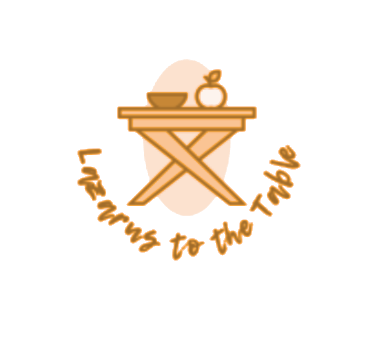Feeding#
It was one of those random rides and random walks around Japan where I stopped for a meal. The lady served the dish. Chopsticks never work with my dexterity. I asked for a fork. She honestly did not have any. None.
It was a bowl of noodles. We had an impasse there.
She was smiling. I was smiling. It was nice and easy. Smile and body language were our only mode of communication. We did not share any common spoken language.
Guess what she did. Without hesitation, without stopping to think, totally natural and smooth, she sat down with a pair of chopsticks and started fitting a small heap of noodles in the spoon on my hand. I ate that small heap. And then another small heap. I ate. And then the next and the next small heaps… till the bowl was empty.
She simply filled in as my left hand. It was less about what she did, more about how she did it. Completely calm and unstartled. No big deal. That was amazing. That was awesome. No frown. No stress. No distance. No suspicion. No rating. No sizing up. No char from the war that made Japanese and Chinese hate each other.
The encounter was dignifying. She did that for a stranger. Don’t ask me which town. I can’t remember. I was on a rail pass that covered unlimited hop-on-hop-off.
Do we not notice that perfect symmetry between babies needing care and adults needing care? Why can’t we feed, wash and change adults as joyfully as we do for toddlers? In fact, why can’t we feed adults as lovingly as we feed pets? And why can’t we care for adults as happily as we care for plants?
By the same logic and by the same objectivity if we can willingly change, feed and wash babies, adults or pets it would only makes sense if we can be changed, be fed and be washed just as willingly. There’s nothing wrong with receiving care as much as there’s nothing wrong with giving care. There’s nothing wrong with being dependent.
